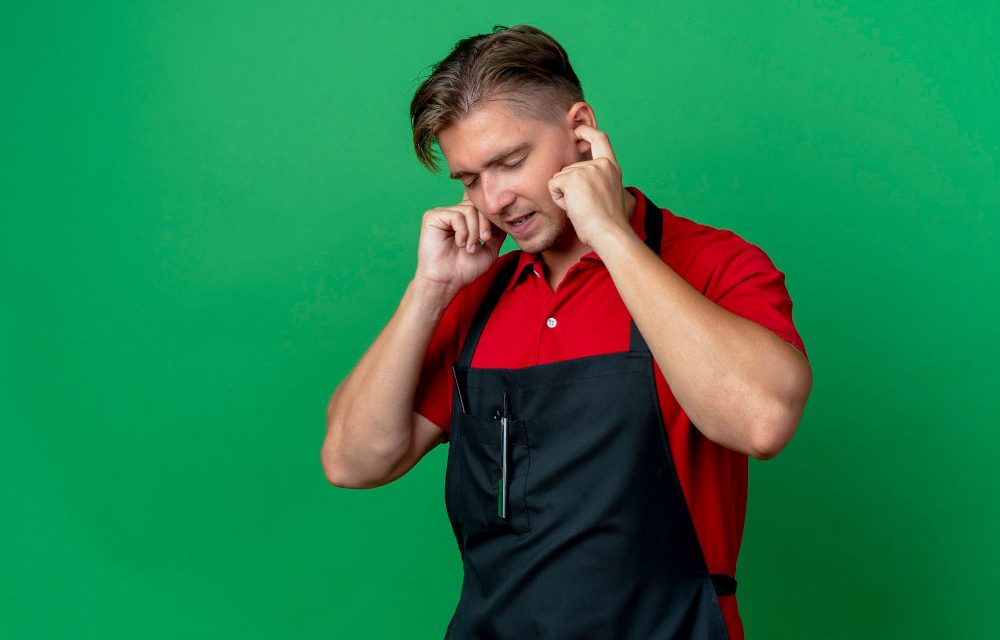There’s no reason to settle for a noisy pump. In this article, the team at Enviro Pump Services will discuss some possible causes for pumps that are knocking, humming, rattling, groaning, screeching or making other unbearable noises when in operation.
Cavitation within pump systems
Cavitation, sometimes referred to as water hammering, can manifest as noise and vibration through the pump, in a series of implosions or loud bangs.
When the static pressure of a liquid is reduced beyond a certain point, vapour bubbles may form. Cavitation is most common in centrifugal pumps but can occur across a range of pump types.
To name some potential causes: clogged filters and strainers may limit flow; the pump may not be matched to the viscosity or the heat of the liquid; the reservoir tank may be placed in the incorrect location; or the inlet hose may be overly long.
Vapour bubbles resulting from cavitation may result in shock waves within the pump or machine, causing damage to components or even writing off a pump.
If air has entered the system, the pump may need to be examined, the pump’s suitability assessed by a Sydney pump service, and the bleeder valves (should there be any) may have to be used.
Oversized or undersized pumps
This may occur due to miscalculation during instalment, a change of what is being inputted into the pump, supply limitations at time of instalment, or for various other reasons.
Undersized pumps pose more of a threat than oversized ones, as they can result in deadheading (which refers to blocked or closed discharge valve), which can result in component damage and kill the pump.
Potential solutions include but are not limited to using pressure release valves, reducing propeller diameter, reducing pump speed, or having your pump supplier install a variable frequency drive. In some cases, a new pump may need to be installed by your Sydney pump installation expert.
Other common causes of pump noise
- Worn bearings. If bearings are worn down, the pump may not be operating smoothly, and noise may result.
- Clogged inlet or outlets, such as a clogged impeller. This may result in the pump having to work harder, creating noise, through strained drainage through an overly small orifice.
- Broken seals. The pump may start to make loud noises if air leaks are able to develop. This can result from cracked, dried or broken seals.
- Inappropriate speed settings. If your pump is working faster than it needs to be, then the energy that is not being employed may be lost, and manifest as a humming pump system.
- Low oil levels or oil that is contaminated.
- Loose components. For example, a loose plunger shot. The pump itself may also be loose from equipment, allowing it to shake against it. Loose components may result in rattling.
- Failing or aged pump motor.
To figure out the cause of excessive pump noise and have a professional pump service reduce the noise of your pump systems in Sydney, contact Enviro Pump Services on 1300 141 315. Our Sydney pump service can help with pump maintenance, after hours pump emergencies, sewer pumps, storm water pumps, pump repairs and other pump related services.


